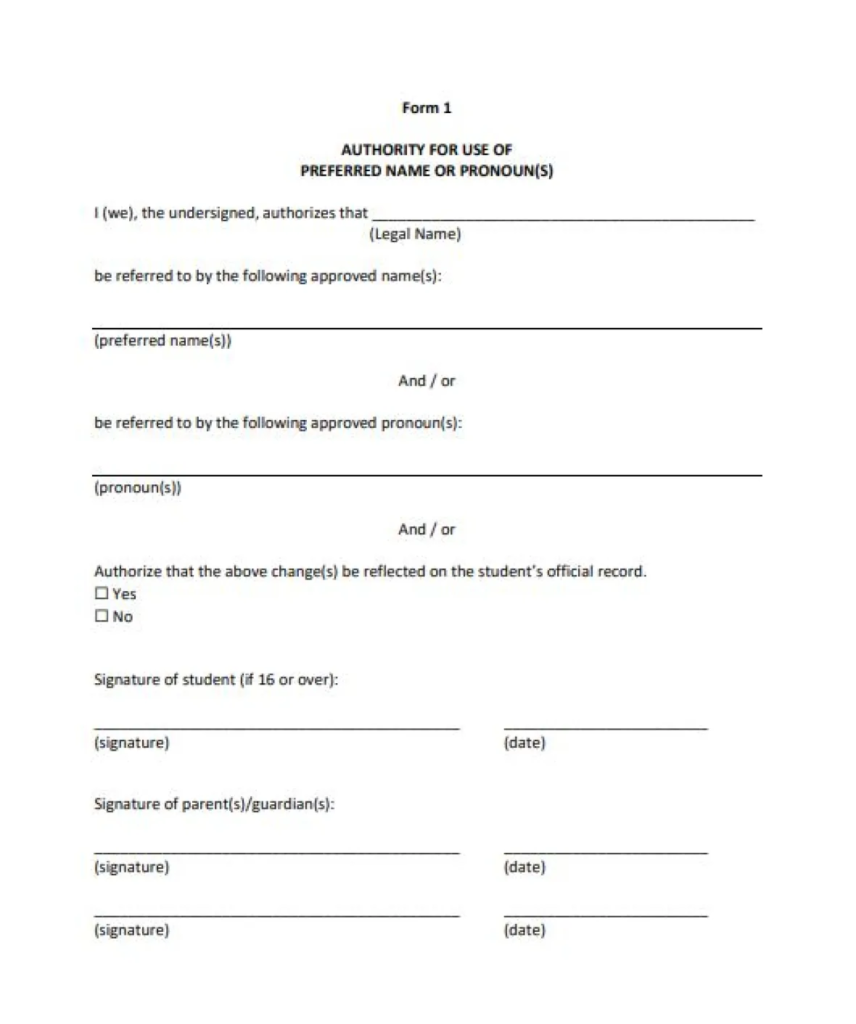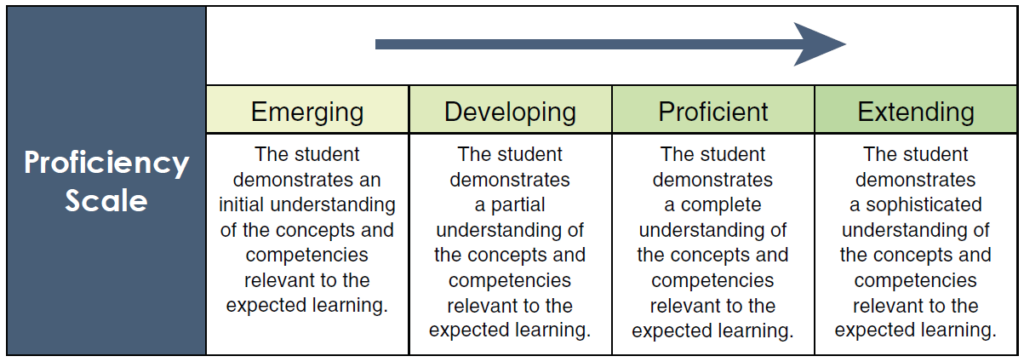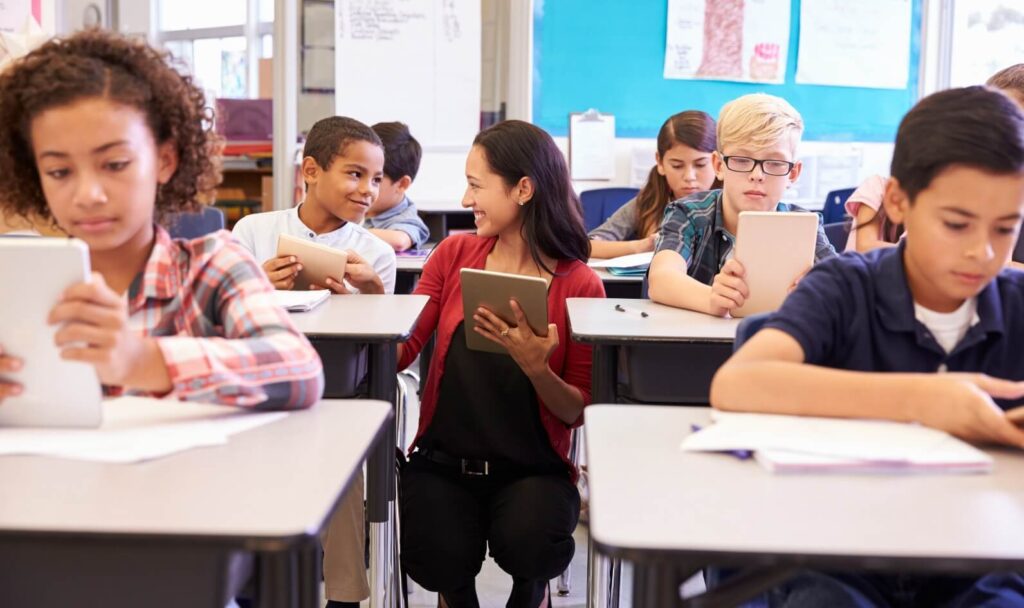As someone who went through school while phones were becoming increasingly popular, I have witnessed teachers struggle more and more with students paying attention during class and focusing on their phones. There have been many times where I snuck my phone out during a boring high school class, or left the room to use my phone. Looking back at my high school experience, I am very grateful for the teachers who had us put our phones at the front of the class so we could have them back after class. Those were the classes where I was engaged the most and got the most out of the lessons.
Moving from Secondary to University was a shock to me. One, because it’s a completely different level of school, but also because Professors aren’t going to chase after you to make sure that you are understanding their content. I found that if I were to check my phone and scroll during a lecture I would miss a lot more than what I would miss in a high school class. I have also noticed my peers who scroll during class are the ones to ask for clarification after the class. This taught me how distracted I was actually getting from being on my phone. I quickly learned to focus during class and I will have plenty of time later on to mindlessly scroll.

Belmont Secondary School in Langford, B.C., has banned cell phone use during instructional time. Students are given the choice to leave their devices in their lockers, or given the same option as I had, to leave their phones at the front in a phone holder. The school said in a statement that there are no restrictions on cellphone use outside of instructional time. Teachers can also schedule technology breaks. This gives the teacher the opportunity to still use technology within the classroom because, in today’s day and age, it seems almost unrealistic to have students work without technology- everything is online now. Considering students hand in a lot of assignments online, do online research, and have videos that can help with their learning, the use of non-personal devices adds a lot to their learning experience.
Provinces like Ontario and Quebec have placed these rules for the whole province to ensure that all students are less distracted in a classroom, where as British Columbia has decided to leave it up to each individual teacher. I don’t think this creates an equal learning environments for students. Some teachers will allow phones to be kept on the student and that leads to more distraction from the class. Teachers who don’t allow phones to be kept on the students will have a more engaged learning environment. These students will be having very different outcomes. In order for students to be learning to the same degree, there needs to be a rule followed by all teachers to ensure that outcomes are more similar.

“We are seeing improved mental health, we’re seeing decreased bullying, we’re seeing more engagement in class, we’re seeing more social interaction, kids are playing again instead of being on their phones and we’re seeing increased academic success”, says a teacher from Chatelech Secondary School on B.C.’s Sunshine Coast. This school has had a no phone during instructional time for just over a year now and they are seeing amazing results. Who wouldn’t want students to have these positive experiences during school? Is this not what we put children into school to do? Why wouldn’t you want there to be less bullying, more social interaction, and more academic success? It just seems like students are thriving when they are put in a space where they can focus and learn rather than do mindless scrolling while they should be learning.
A lot of parents are used to having access to contacting their children at all times of the day now. Some parents may have an issue with not being able to contact their children during instructional times, but in the end, it will be far more beneficial for the children and their learning. If there were to be an emergency, the parent can always contact the school and the school will help the student get in contact with their parents.
In my future classroom, I plan to have a “no personal device during instructional time” rule. If the assignment that we are working on requires research I will reserve the school Chromebooks or computer lab, whatever the school has available. I will have a safe space for students to put their devices for the day and I will return them at the end of the day. I want to create a space for students to learn, engage, build connections, and grow. I think that this space will be much more successful if phones are out of the picture.
Hopefully B.C. soon takes the jump to make this a province wide policy. I believe that students through out the province will benefit greatly and be able to grow so much more when they are not stuck behind a screen. There is so much that we can learn from our peers and all we need ro do is look past their profiles and connect with them face to face.


